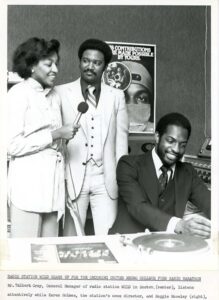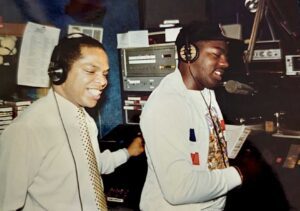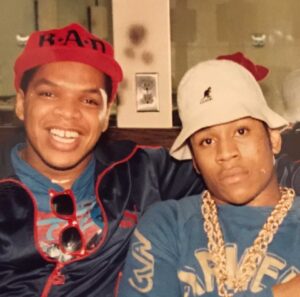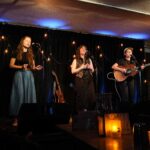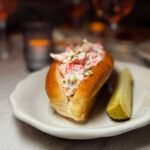Former 1090 WILD-AM director Elroy Smith to host reunion for some of Boston’s best radio personalities
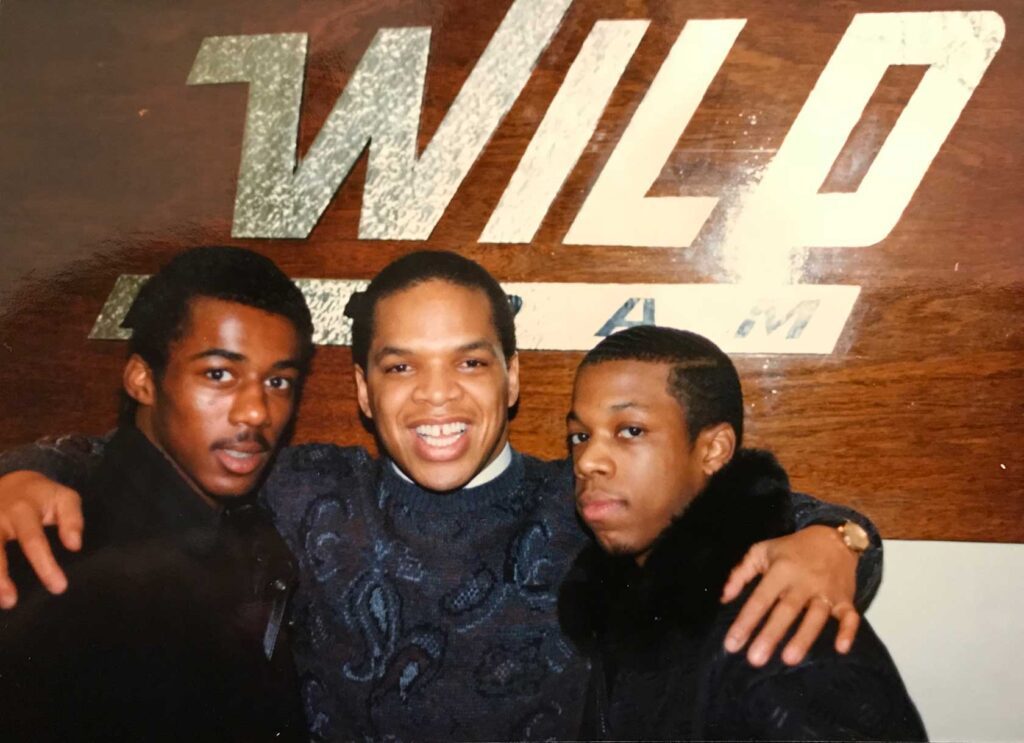
“Candy Girl,” an upbeat ditty by boy band New Edition, was a hit in the ’80s and ’90s. Reminiscent of the Jackson 5 with their boyish charm and sweet vocals, New Edition’s members were young boys from Boston, brought together by Roxbury native Bobby Brown.
Right here in Boston, a radio station took a chance on the talented teenagers, becoming the first commercial station to play the soon-to-be hit track “Candy Girl” on the airwaves.
Founded in the early 1960s and solidified in the 1970s by entrepreneur Kendall Nash, 1090 WILD-AM was the hot spot for Boston’s R&B music scene, and its reputation gave New Edition just the boost the group needed.
“Record companies really revered the station. Why? They needed the exposure on WILD to help their artists to become established,” said Elroy Smith, one of WILD’s former directors. Smith recalled when Maurice Starr, producer of “Candy Girl,” and New Edition member Ricky Bell walked into WILD and gave him the single to play.
“As much as the station was on from sunrise to sunset, one would have thought it was a 24-hour operation because it was so powerful,” Smith said.
While WILD was known for its R&B, it presented a varied mix of music. Listening to the station in its heyday, you could hear Marvin Gaye, Aretha Franklin, and the Temptations playing alongside tunes by Donna Summer and Chaka Khan.
“It became a part of the culture of African Americans in Boston,” said Smith, who programmed WILD from 1983 to 1988.
Smith’s own radio career began with a false start of sorts. He dreamed of becoming a singer, but when he was dropped from his band in his home country of Bermuda, he was forced to pivot. While a student at Emerson College, he landed an internship in WILD’s programming department, kicking off his decades-long career as a radio personality.
On July 26, Smith, now based in Orlando, Florida, will revisit his old stomping grounds to host the Boston Radio Reunion & Awards at the Bruce C. Bolling Municipal Building, an ode to Boston’s radio scene.
Previously, Smith hosted a reunion for all the radio programmers and DJs he worked with during his time in Chicago. Seeing how successful the event was, he decided to bring a similar celebration to Boston: a night of reconnecting and honoring Boston’s most notable media personalities.
Starting at 6 p.m., the evening will comprise an award ceremony and an appearance by Bernadine Foster Nash, wife of the late Kendall Nash.
“I’m just honored to know that we as a community of WILD, we’re ready to celebrate all of what we have done in the past,” Smith said. “And to be able to preserve the legacy of this radio station is remarkable.”
Awardees include JoJo “Cookin” Kincaid, former WXKS Kiss 108 personality; Stephen Hill, who worked for WILD and BET; New Edition member Ralph Tresvant; and Kandi Eastman, a radio programmer who got her start at WILD.
“It’s a full circle moment because there’s nothing like being acknowledged for something that you enjoy and have made a career out of and coming back home and receiving the love from your city,” said Eastman, who will receive the 1090 WILD Radio Award.
Eastman was on-air at WILD from the early to mid-1980s while simultaneously gracing the airwaves of WRBB 104.9 FM, Northeastern University’s college radio station. With a 45-year career that has landed her in Houston where she’s currently a midday on-air personality at Majic 102.1, Eastman has established herself across the radio industry. But her time at WILD stayed with her.
One of her fondest memories, she said, was being part of the first station to play “Candy Girl” with a name like Kandi.
WILD was “the pulse of the city,” she added. Not only did it focus on music and culture, but it also spotlighted issues such as women’s rights and breast cancer.
“WILD at the time was the only African American voice in the city, so we had a chance to do a lot of community service in the community and touch lives,” Eastman said.
The station was beloved by its audience. Its employees were equally fond of it.
“It was so memorable and so amazing …. We looked forward to going to work every day, and we had a great staff,” said “Coach” Willie Maye, another former WILD presenter. “Everybody got along, loved each other, loved hanging out.”
He recalled an environment that fostered creativity and allowed each presenter to uncover skills and interests they didn’t know they had. Maye’s forte was sports, but at WILD, he dabbled in a little bit of everything. He also remembered his cheeky sign-off, “I’m Coach Willie Maye, and you’re not,” a tagline he said people still say back to him today.
During his time at the station from 1984 to when it closed, Maye and his colleagues ushered WILD into recognition. As a co-host of the station’s morning show alongside Smith, Hill, Kenneth Johnson, and Peter Clarke, Maye covered the NBA finals, Superbowl and three Olympics. The program made Boston Magazine’s Best of Boston list in 1985, an achievement attained by no other small station, Maye said.
When WILD as Boston knew it went off-air in 2011, a void took its place.
“That’s what has saddened the city,” Smith said. Although it only aired during the day, WILD was a “powerhouse” station with ratings that frequently bested many of the 24-hour FM stations, Smith said.
Despite the city’s small Black population, he said there’s room for another WILD or a station like it.
“It baffles me that there is not an urban station on the terrestrial band that caters to R&B music. And, of course, my prayer is to one day see that happen, and I just know that the end result will be … very successful,” he added.
Whether another iteration of WILD will emerge is yet to be seen, but the station’s impact continues to outlive its decades on air. At the Boston Radio Reunion & Awards event, the station will have its legacy stamped into Boston history when Mayor Michelle Wu names July 26, 2024, 1090 WILD Day.
But many still feel its absence. Maye said Boston is “missing so much” without WILD, and a renaissance may be possible.
“Right now, you don’t have any local stations in terms of looking out for the whole evolution of the city,” he said. “And if somebody would just take a chance … I think it would work again. It could come full circle again.”

